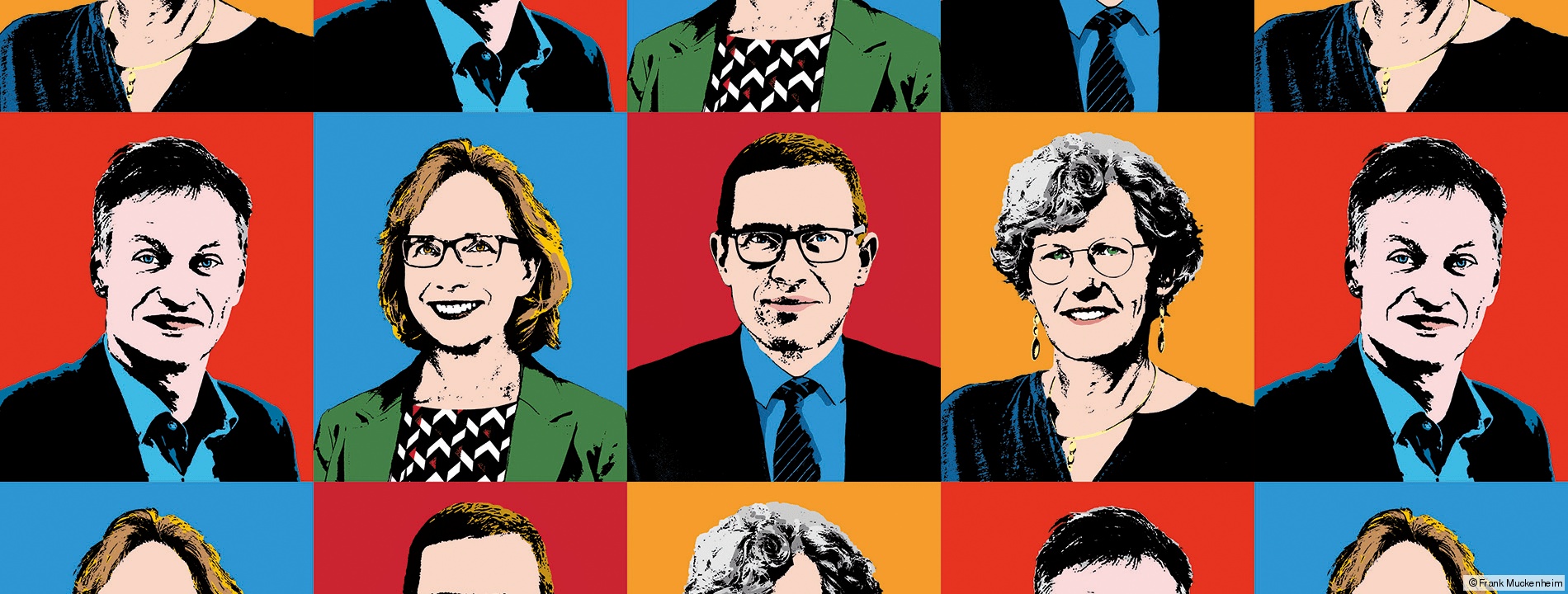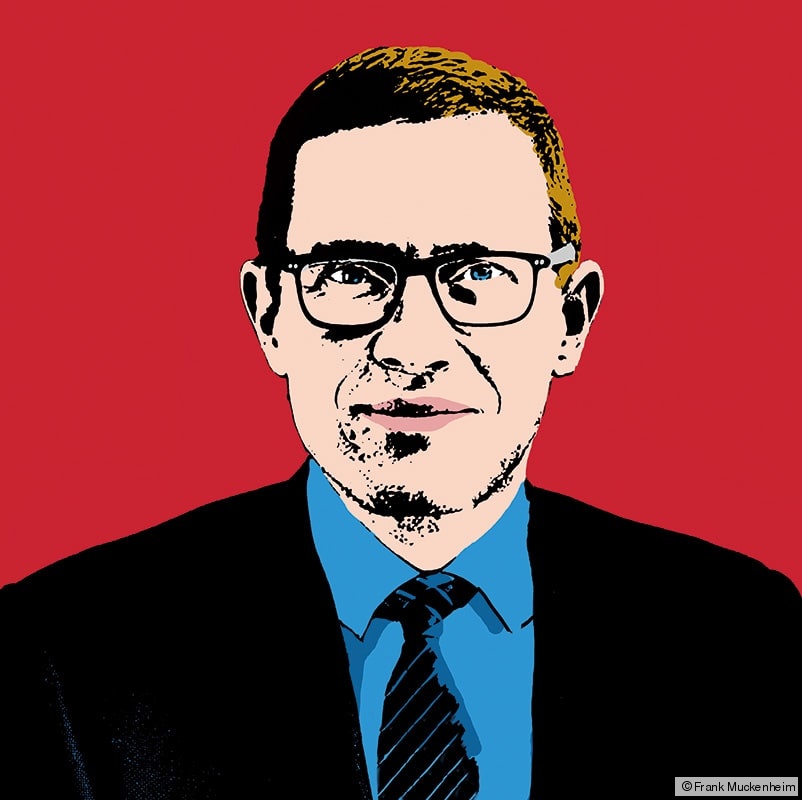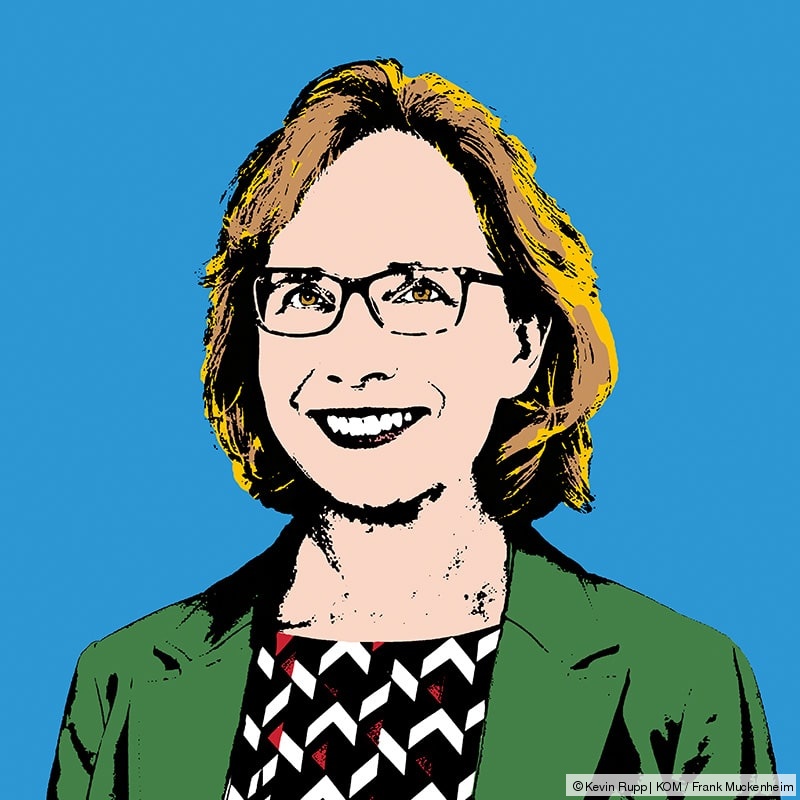According to the European Commission, buildings account for 40% of energy consumption and 36% of CO₂ emissions in the EU. The German government’s ambition is to have a climate-neutral building stock by 2050. Climate neutrality and sustainability play key roles also in the areas of mobility and water management. Well-founded specialist knowledge is required for this, which we provide in our degree programs that focus on the sustainable design, construction and operation of buildings and municipal infrastructure. We plan to supplement this with additional study programs in the fields of environmental infrastructure, urban planning and sustainable mobility in order to provide students with an even more comprehensive education to meet the challenges of the coming decades.
Today, sustainability is no longer simply a pragmatic principle for optimizing resource use in an economic sense but rather the responsible management of our environment in terms of technical, economic and social implementation. The engineering sciences have always been, and will continue to be, converters of these resources into their application. In teaching and research at the Faculty for Engineering and Computer Science at Frankfurt University of Applied Sciences, we acknowledge and accept our responsibility for sustainable environmental management in our three clusters – mechanical engineering, electrical engineering and computer science. We live and teach this principle in the basic fundamentals, ranging from analyzing efficiency factors and sustainable design through to modern applications, e.g., intelligent systems.
„Sustainability encompasses the three dimensions of social equity, environmental viability and economic effectiveness. This triad is integrated into our teaching and also into our research. The realization that we must change the way we interact with the world so that the next generation will also be able to live in it is conveyed in our teaching on an ongoing basis as a matter of principle. Sustainability is also of fundamental importance in research – in the focal areas of mobility and logistics, for example: we conduct research on sustainable changes in urban logistics and air transport. Our focal point of leadership is concerned with providing fresh impetus to (re)thinking and taking action in corporate and organizational management.”
“All sustainability dimensions have to be implemented systematically across the board. The process starts with the individual behavior, addresses all organizations – including our University – and extends to the political decision-making bodies. By the same token, social sustainability is the basis for globally stable societies with decent living and working conditions. Globalization, migration, human rights, social standards, healthcare, inclusion, and diversity make up only a fraction of the topics being worked on, researched, and taughtin each of the disciplines represented by the faculty. Our focus in the future will be on implementing sustainability as a mainstream approach in such a way that it is fully integrated into our processes and decision-making.”





